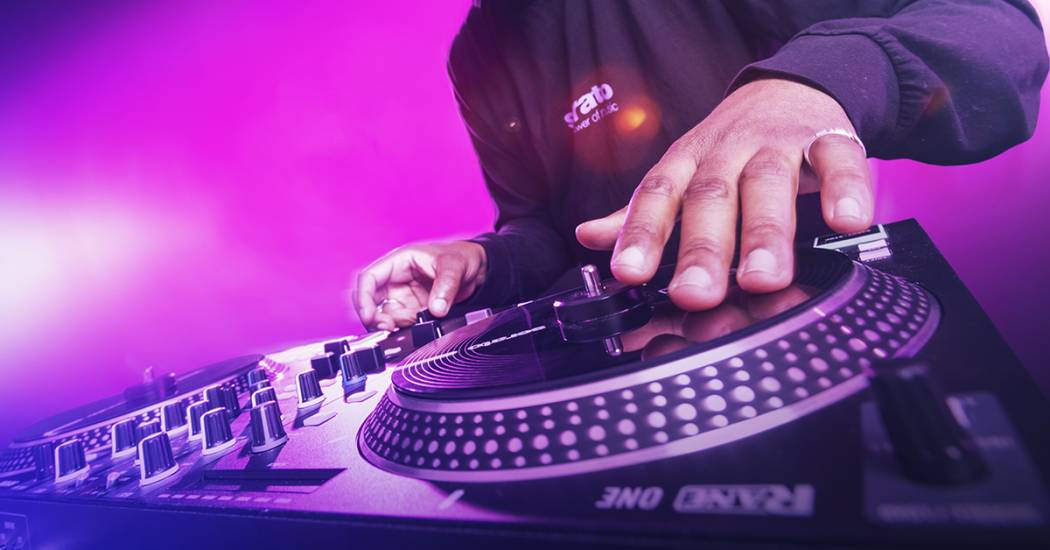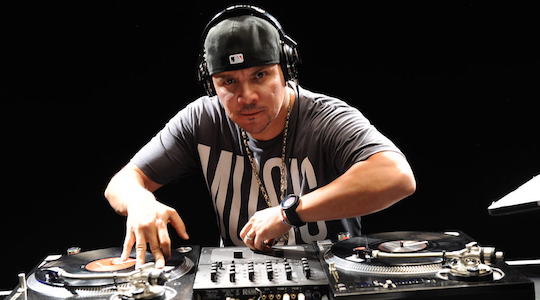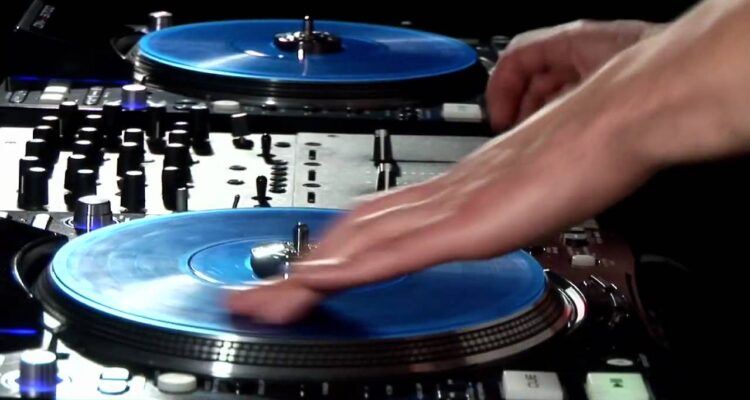Hip hop, one of the most popular music genres in the world, has a deep-rooted connection to turntablism. Turntablism, also known as DJing, is the art of manipulating sounds and creating music using turntables and DJ equipment. This music production technique has been an essential part of hip-hop culture since its inception in the 1970s and has played a significant role in the development and evolution of the music genre. In this blog post, music industry professional Benjy Grinberg explores turntablism and its impact on hip-hop culture.

1. Introducing Turntablism
To understand the influence of turntablism on hip-hop culture, it’s essential to know its history. At its core, turntablism involves manipulating sounds on a vinyl record using scratching, cutting, and looping techniques. The origins of turntablism can be traced back to the early days of hip-hop in the 1970s. Hip-hop DJs used to loop and repeat breakbeats from funk, soul, and disco records to create a musical backdrop for MCs to perform. This technique gave birth to the hip-hop sound we know and love today. The first turntables used by hip-hop DJs were the Technics SL-1200. These turntables were durable, versatile, and had a pitch control feature, making them perfect for DJing.
2. Technical Aspects Of Turntablism
Turntablism is a highly technical art form that requires a keen understanding of the mechanics and technical aspects of DJ equipment. Crossfaders, pitch sliders, and other mixing tools allow turntablists to control the music’s tempo, tone, and flow, resulting in a seamless harmony of beats. One of the most important technical aspects of turntablism is the ability to scratch, which can be achieved through mastering the proper hand movements and pressure applied to the turntable’s platter. By practicing and honing these technical skills, turntablists can create captivating performances that awe audiences.

3. The Impact Of Turntablism On Hip-Hop Culture
Turntablism has a massive impact on hip-hop culture, primarily in terms of the development of the DJ/producer role. DJs, once seen as mere background support in the music industry, have become artists in their own right. They are now considered to have equal roles in creating and producing music as the MCs. This shift can be attributed to the rise of turntablism as an art form within hip-hop culture. Another significant impact of turntablism on hip-hop culture is creating the DJ battle. DJ battles are an essential part of hip-hop culture, where DJs compete to see who has the best skills. These battles showcase the technical ability of DJs and have contributed to the evolution of turntablism. The most notable DJ battles include the International Turntablist Federation (ITF) and the DMC World DJ Championships.
4. Notable DJs Who Helped Shape The Sound Of Turntablism
The art of turntablism has evolved significantly over the years, and some of the most notable contributors to this evolution have been DJs. These individuals have helped shape the sound of turntablism in unique and unforgettable ways. The likes of Grandmaster Flash, Jazzy Jeff, Qbert, and Mix Master Mike are just a few examples of DJs who have significantly impacted this genre. From scratching and beat juggling to sound manipulation and sampling, these DJs have explored various techniques and sounds, pushing turntablism to new heights. Through their efforts, they have created a legacy for themselves and influenced the musical landscape as a whole. Their contributions to the field will undoubtedly be remembered for years to come, and they inspire DJs worldwide who are striving to take turntablism to new and exciting places.

Final Thoughts
According to Benjy Grinberg, turntablism’s impact on hip-hop culture is undeniable. Without it, hip-hop, as we know it today, would not exist. Turntablism has elevated DJing to an art form and created a new category of music producers. DJ battles have become a staple in hip-hop culture and have spurred innovation. Furthermore, it has significantly impacted popular culture, as turntablism techniques have found their way into mainstream music genres. As hip hop continues to evolve, it’s clear that turntablism will remain an essential part of the culture.

